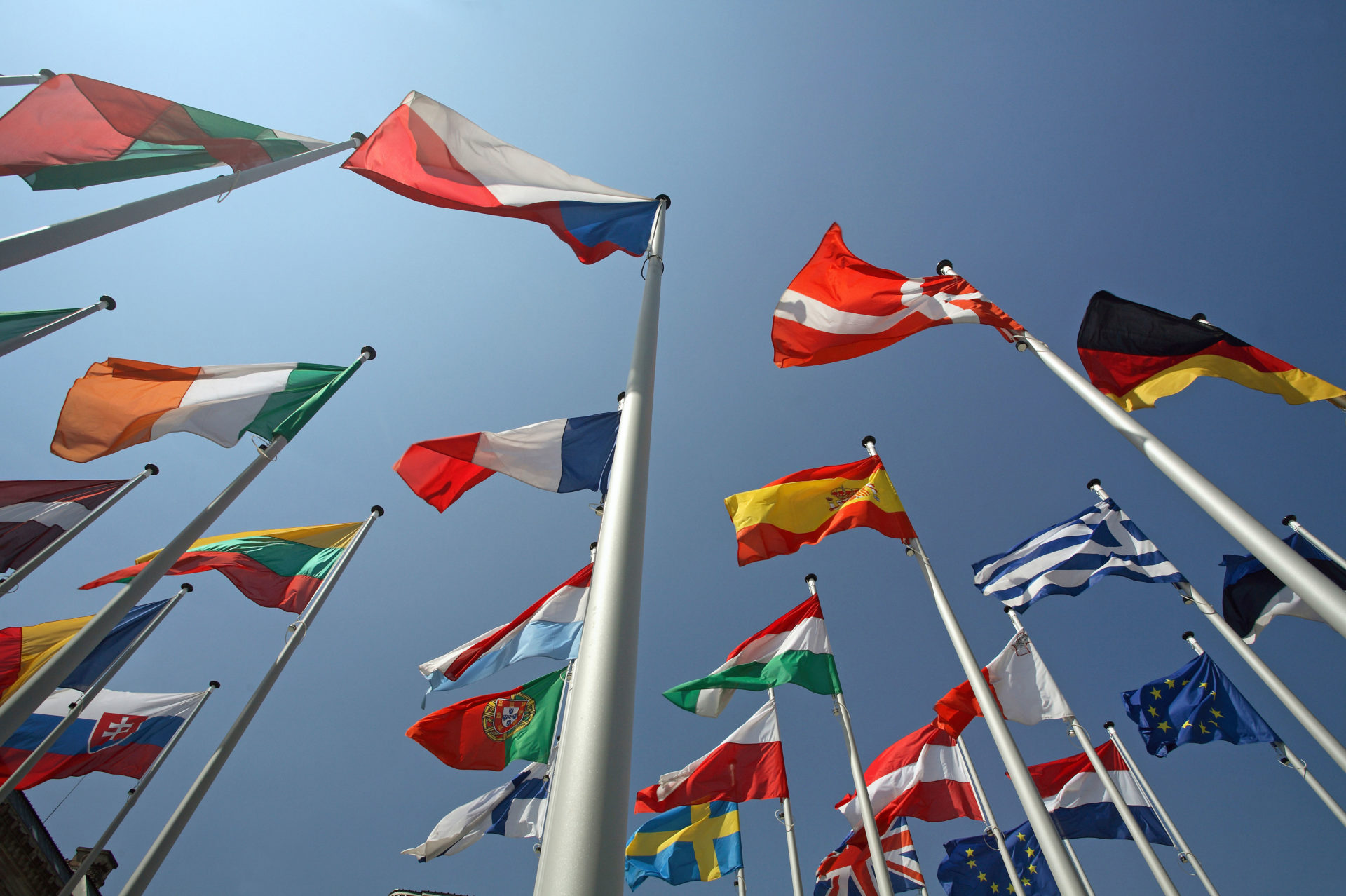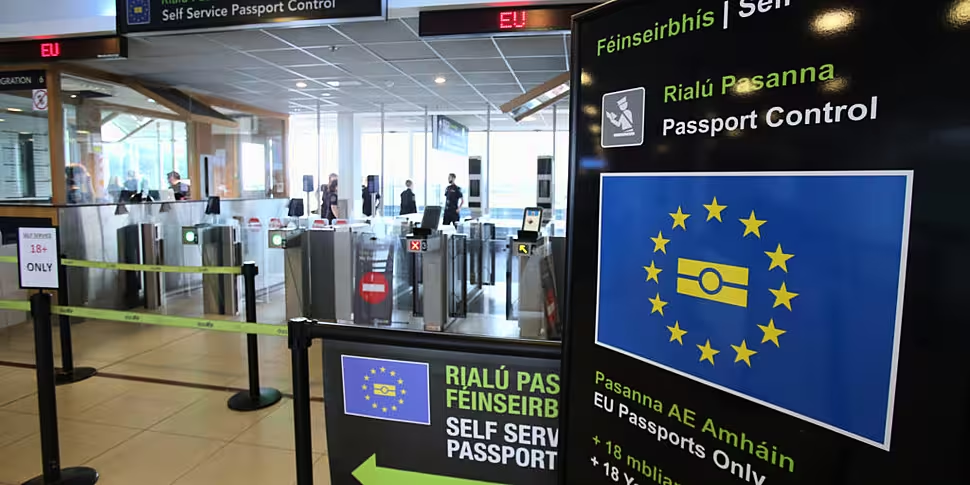Ireland has been formally accepted into the EU Migration and Asylum Pact.
The European Commission's decision sees Ireland opting-in to seven of the legislative measures in the pact.
The pact will see legally-binding processing times for International Protection applications.
It will also see a substantial increase in the number of staff processing applications, the building of new accommodation centres, enhanced border security and an increase in the collection of fingerprints.
Ireland will also have access to an improved IT system to carry out additional checks.
Justice Minister Helen McEntee says the pact will help Ireland in dealing with migration.
"EU migration is a shared European challenge and the pact will greatly assist Ireland to continue taking an active role in managing migration in Europe, securing national and EU borders and ensuring our asylum systems are cohesive, fair and efficient," she said.
"I will continue to work with fellow EU states to protect our borders and tackle secondary movement.
"This can only be achieved by harmonising EU asylum procedures and processes under the pact", she added.
What is in the EU Migration Pact?
Measures in the pact include a harmonisation of reception conditions across member states including accommodation, subsistence provisions and access to the labour market.
The Government says these measures "will reduce incentives for asylum seekers to move from one member state to another" and reduce secondary movement.
The pact also establishes a new mechanism to ensure "the fair sharing of responsibility across the EU."
 Flags of EU member states, 30-8-07. Image: Agencja Fotograficzna Caro / Alamy
Flags of EU member states, 30-8-07. Image: Agencja Fotograficzna Caro / AlamyIreland will decide annually how it wants to contribute based on capacity.
This may be in the form of relocations, financial contributions, offsetting against applicants not returned under takeback processes or a combination of these.
Based on current figures, Ireland’s 'fair share' amounts to 2.16% - which translates to 648 relocations per year or a financial contribution of €12.9m.
Legislation
New legislation is being introduced through the Dáil and Seanad to repeal and replace the 2015 International Protection Act.
The changes will allow for legally binding timeframes for making decisions on applications as well as a greater focus on returns for unsuccessful applicants.
It will also mean accelerated processing, including for people from 'safe countries', and those with no or false documents.
Latest figures from the Department of Integration show there are 2,370 International Protection applicants without an offer of State accommodation.
It comes as the High Court ruled that Ireland is breaching international human rights laws over its failure to house those who have sought International Protection here.
In a case taken by the Irish Human Rights and Equality Commission (IHREC), the court ruled that the State's failure to provide for the basic needs of unaccommodated asylum seekers breaches their right to human dignity under the EU's Charter of Fundamental Rights.
The EU Asylum and Migration Pact was approved by the Dáil at the end of June.
By opting into the pact, Ireland is committing to an overhaul of its international protection system over the next two years.









